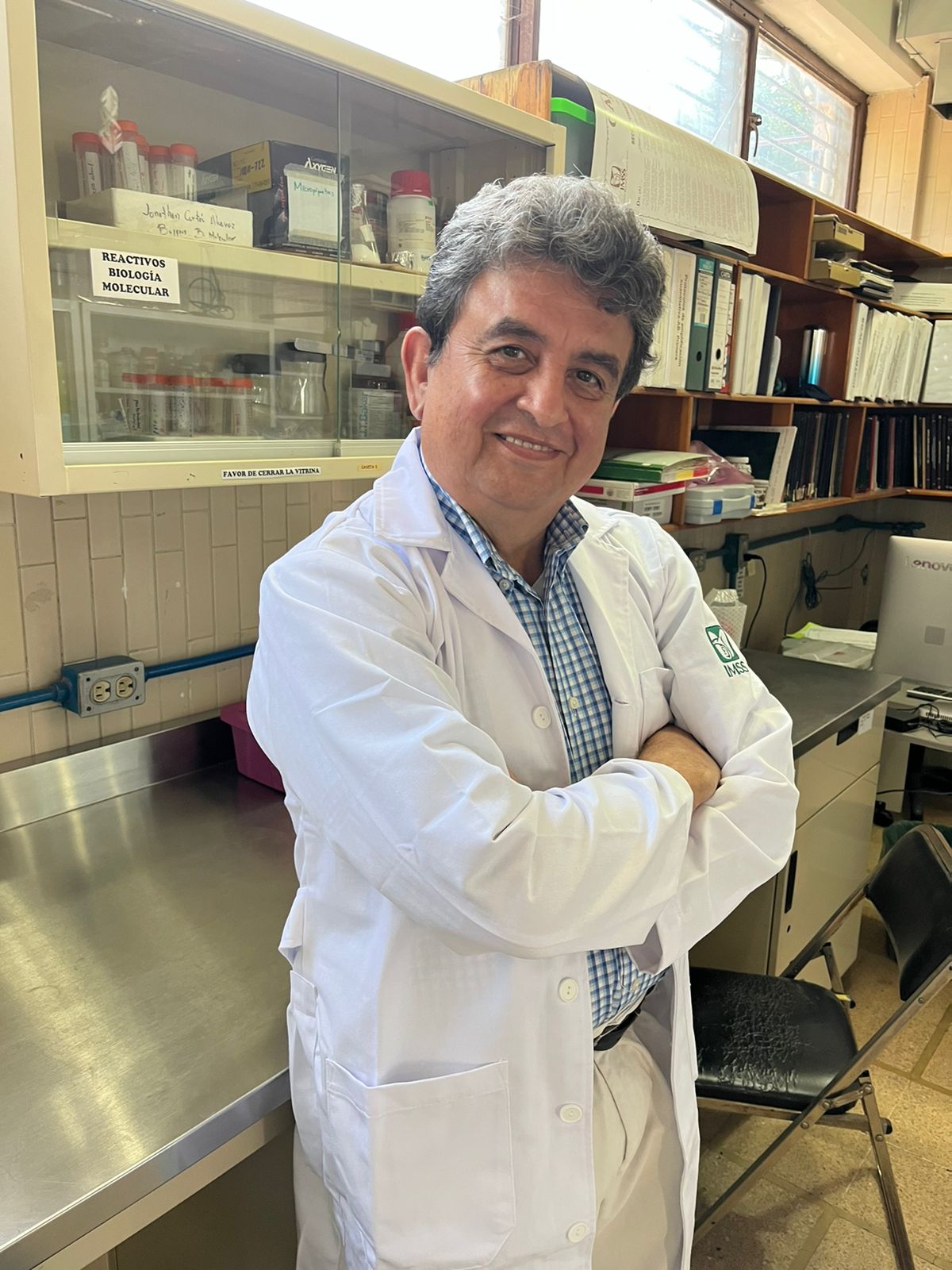
Neuroinflammation, a centralized immune response, is a physiological process by which the organism attempts to remove an injurious stimulus in the central nervous system. Nonetheless, it is known that chronic inflammatory processes play an important role in the onset and progression of neurodegenerative disorders, such as Alzheimer´s disease (AD). Based on this, new strategies to treat AD have been proposed. Among them, the use of non-steroidal anti-inflammatory drugs (NSAIDs) decreases the incidence of this disease. Unfortunately, the prolonged use of NSAIDs results in adverse secondary effects. In this context, plants secondary metabolites have become of great interest. Particularly, our group has demonstrated that the hydroalcoholic extract of Malva parviflora (MpHA) has anti-inflammatory effect and is capable of improving the cognitive deficit present in an AD model. To further characterize the Malva parviflora compounds with anti-inflammatory properties, here we generated a fraction from a dichloromethane extract, which constitutes a less complex mix of compounds than the MpHA. This approach allowed us to isolate a fraction (MpF10) with anti-inflammatory activity, able to ameliorate the spatial learning and memory impairment, and to reduce both astrogliosis as well as IL-1β and TNF production in a murine model of LPS-mediated neuroinflammation. Among the identified compounds in the MpF10, we found daucosterol (MpDau), which prevented LPS-induced neuroinflammation. Interestingly, MpF10 and MpDau inhibit NFκB activity in macrophages exposed to LPS. Therefore, we propose that the compounds present in the MpF10 represent an alternative to treat neuroinflammation, an important process developed during neurodegenerative diseases such as AD.








